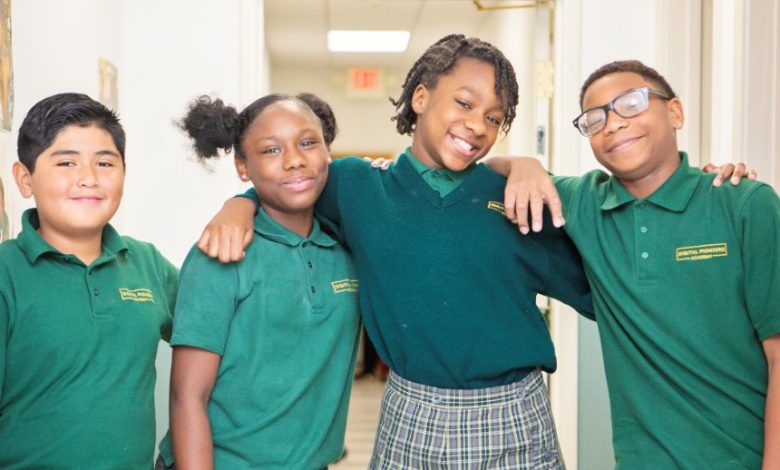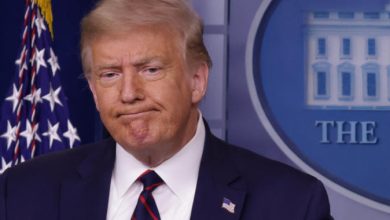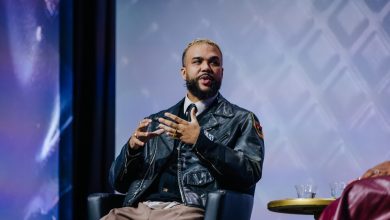Digital Pioneers Academy, A Computer Science School In Washington DC, Will Pay Students $50 Weekly For Attendance


Digital Pioneers Academy, a tuition-free public charter school in Washington, DC, is testing a new strategy to boost attendance — paying students in cash.
According to The Washington Post, nearly four in 10 students in DC are chronically absent, missing at least three weeks of school. Data shows that over half of Digital Pioneers’ high schoolers — most from low-income families — missed over 10 unexcused days last year.
This year, the school, which teaches marketable computer science skills and habits of innovation, will randomly select 40 seniors to receive $50 a week, no strings attached, as part of a national study exploring how reducing poverty might impact a student’s life.
“At Digital Pioneers Academy, we believe in removing barriers that stand in the way of student success,” Mashea Ashton, school founder and CEO, said in a news release.
With a deadline of Oct. 3, 2025, for students to show interest, officials said more than 70 students — over half the senior class — have already signed up, per The Post.
“Through participation in The $50 Study, we have the opportunity to explore how direct financial support can impact our high school seniors’ focus and futures,” Ashton added, per the release. “We are grateful to participate and are eager to share our findings so that schools everywhere can learn from our experience.”
The news release states that Digital Pioneers is the first DC school to join The $50 Study, a national initiative led by the Rooted School Foundation. Education Forward DC provided funding support for the city’s participation in the study to promote equity in public education.
According to its website, Rooted School aims to “reimagine and support the role schools play in providing students with personal pathways to financial freedom” and help more students succeed post-graduation.
Between 2022 and 2024, the foundation tracked 380 students across three New Orleans and Indianapolis high schools. The Post reports that 170 low- and middle-income teens received $50 a week via debit cards for 40 weeks. Researchers found that those students attended about 1.23 more school days per semester than their peers.
Jonathan Johnson, the foundation’s CEO and founder, noted that’s roughly 20 additional hours of instruction per year.
With Cash in Hand, Students Are More Likely To Invest In Their Futures
While the program reportedly did not significantly impact grades, researchers found that students‘ financial literacy improved — they saved money, budgeted better, and expressed more confidence about long-term decisions. Around half the funds were spent on essentials like food, while others used the money for future-oriented expenses like test prep classes, dual-enrollment courses, or getting a driver’s license.
The effort is part of a broader, worldwide movement exploring universal basic income — the idea that giving people unconditional cash can help them meet basic needs and pursue long-term strategies to pull themselves out of poverty.
“The $50 Study represents a fundamental reimagining of how we address opportunity gaps in education,” Johnson said in a statement, adding that “when you remove financial barriers for young people through direct, unconditional support, you create measurable impact.”




